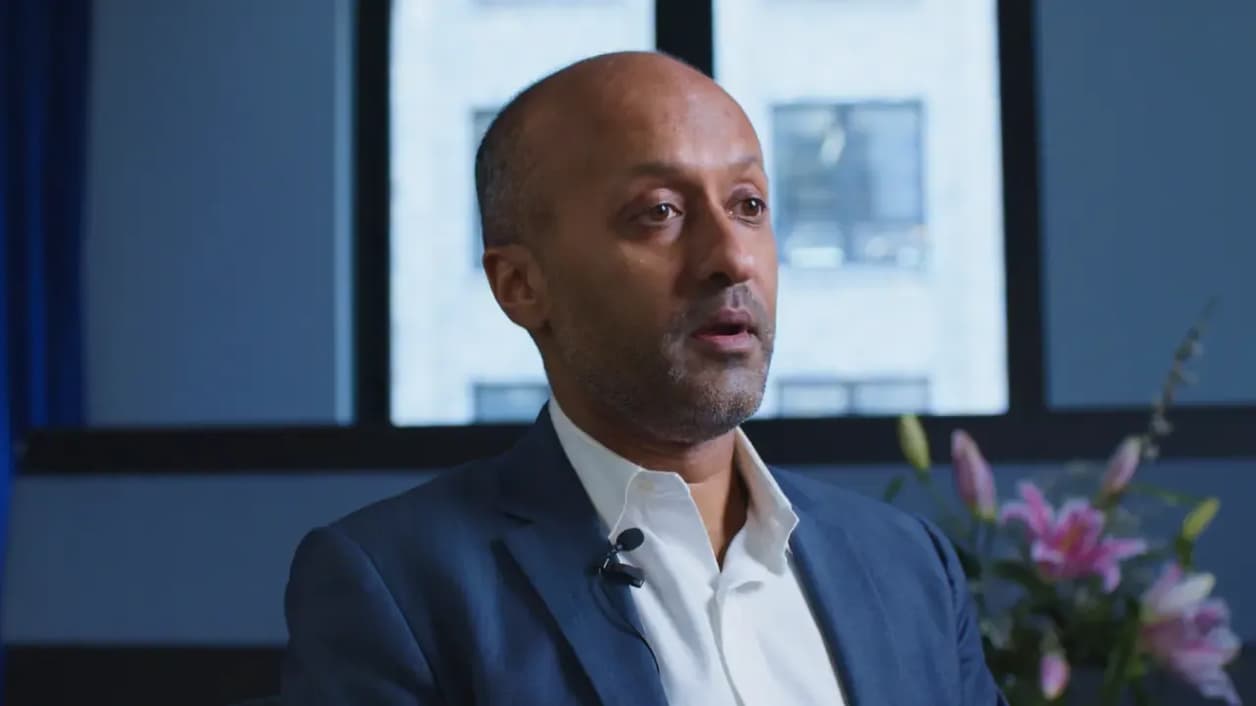
Co-investments — direct investments alongside a private equity fund — have been gaining steam. Over the past decade, commitments to these funds quadrupled to $16 billion in 2021, according to Pitchbook.¹ While fundraising dipped in the years since, levels still remain historically elevated.
This growth is likely to continue despite the ongoing volatility in private markets more broadly. Compared to traditional fund investing, co-investments typically carry lower fees and a potentially more predictable risk-return profile, both attractive attributes in times of market dislocation.
Many general partners (GPs) consider co-investments a way to unlock new capital when fundraising is slow. These deals may also help them strengthen relationships with limited partners (LPs), particularly in the mid-market space. Indeed, 86% of private equity last year’s deals involving co-investors transacted below $500 million, per Pitchbook.²

The growing enthusiasm for co-investments isn't waning. A recent Goldman Sachs survey showed that nearly 60% of LPs are looking to up their stakes in these assets over the next few years.³
Against this backdrop, we sat down with Sanjay Gupta, a seasoned private market investor and Moonfare’s Head of co-investments, to find out more about what 2024 could have in store for the asset class.
Last year was not an easy year for private equity in general. Looking back, what is your takeaway of the past 12 months?
Broadly speaking, cost of capital has increased across all markets, public and private. As a result, liquidity is more scarce, debt is less available and more expensive.
Equity has also become costlier, which has led to a somewhat subdued dealmaking environment, while deals that do close include a heavier equity component.
Because debt is not as available, GPs are doing an increasing number of high conviction plays compared to two or three years ago.
This means that future performance of these deals will be less dependent on leverage but more on the operational improvements within the portfolio companies.
Uncertainty persists as we head into 2024, but green shoots exist too, such as possible interest rate cuts in the second half of the year. In your view, what would need to happen for private market activity to pick up across the board?
It’s a combination of different things. Interest rate cuts would be a strong motivating factor. Since the US economy remains relatively resilient, we might see some mild cuts there as early as this year. However, this needs to be driven by a more positive sentiment, both economic and geopolitical.
It’s also encouraging that inflation has ticked down, particularly in the US.
But the deal flow in the M&A market is still relatively slow, and we'll inevitably need to see an uptake in the IPO markets. Market observers mostly believe that these markets will not be fully back anytime soon, but certainly they could be more open compared to the last two years.
How does the current sentiment apply to the private equity co-investments space?
It's net positive for co-investments in the buyout space. Although GPs are making fewer deals, they invest more capital, which is a good thing. As a result, they need to rely more on their co-investment partners to avoid reaching concentration limits on their share of invested equity.
In any case, buyout co-investments are typically high conviction deals which need to be fully aligned with investors. LPs like to co-invest in deals where GPs have a lot of skin in the game.
Would you say there is more appetite for co-investments on the GPs side compared to two years ago?
Yes, there is. Most GPs are sitting on less capital, while facing a challenging fundraising environment. It’s harder for them to raise the same amounts today compared to a couple of years ago. Relying more on co-investors to support them until the next fundraise can be a prudent strategic move.
As mentioned, there is a lack of debt availability which means they need to write bigger equity checks, which is again a tailwind for co-investment activity.
Many GPs also recognize the strategic value of maintaining closer relationships with their most important LPs. Moonfare, in this context, represents a new frontier of capital for many of these GPs who seek access to private wealth markets.
Has the balance of power shifted to LPs? Are they in a position to negotiate better deals for themselves?
Yes, definitely. It was a GPs market three years ago and now it's an LPs market.
What about prices? Have they declined?
Valuations have ticked down during the past two years for certain types of assets.
Not only in tech but in other specific areas as well. As examples, we have seen take-privates and buy-and-builds deals made under lower valuations compared to two or three years ago.
Do more established GPs with longer track records have an advantage today?
On the fundraising side, there's a flight to quality but it's not always the case that the biggest GPs raise the most capital. Some of the largest fund managers have in fact struggled in 2023.
But track records still count. Outperformance that is characterized by longevity and a clearly defined niche is getting funded consistently even today.
There are different ways of participating in co-investments. Investors could potentially develop in-house capabilities, form a joint venture with a PE firm or invest through a co-investment fund. Could you quickly outline the benefits and challenges of each?
It takes a lot of money and connections to develop in-house capabilities. First of all, you need to have a strong deal flow. Second is the asset selection and third is the ability to execute your strategy within a defined time frame. If you solve these three things you can make your own co-investments. But these hurdles mean that co-investments are generally the domain of professionals.
There are certain benefits to co-investment funds that solve the above. Capital deployment in funds is faster, as is return generation, while fees are lower. Not to mention the diversity of GPs investors can select from.
On the flip side, one of the risks of co-investment funds is that you’re more reliant on the co-investors and their asset selection capabilities. If they don't select assets properly or don't have the best deal flow and execution skills, then the performance would suffer.
What about adverse selection, which occurs when the GPs are not showing their best deals?
I'm less worried about adverse selection in buyout land. There might be a bit higher risk in tech and growth but even there you can mitigate it by maintaining a close and transparent relationship with the GP.
How do you see the co-investment market develop this year? What are some of the challenges and opportunities?
The biggest headwind is the high cost of capital.
Political uncertainty is not going to decrease anytime soon either, especially as we head into the election year in the US. As a result, we can expect IPO and M&A markets to remain volatile to a certain extent.
On the other hand, I'm optimistic that the price expectation gap will start closing — something we can already observe, although many sellers are still rooted in pricing from 2020 and 2021. I think this year many of them will realize that their businesses just aren't worth as much.
I’m also increasingly more optimistic about the transformative power technology can play in traditional companies, and not only in venture-backed businesses. This transformation will continue to drive a lot of growth and increase productivity everywhere, including in the private equity space, making co-investments all the more attractive.

¹ https://pitchbook.com/news/articles/pe-co-investments-credit-market-fundraising ² https://pitchbook.com/news/articles/butterfly-equity-lower-middle-market-GP-coinvestments-limited-partners-fundraising ³ https://www.gsam.com/content/gsam/us/en/institutions/market-insights/gsam-insights/2023/the-case-for-co-investments.html
